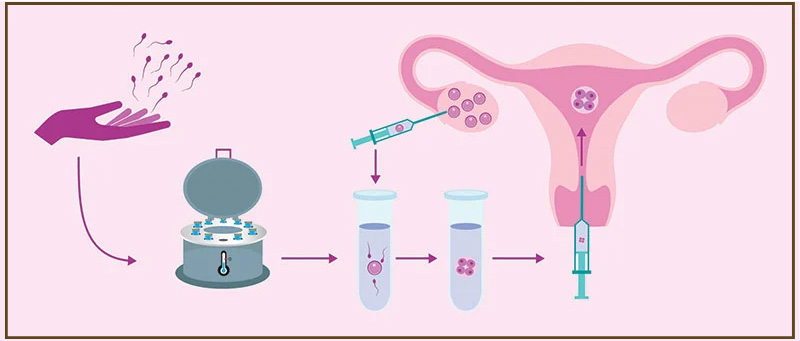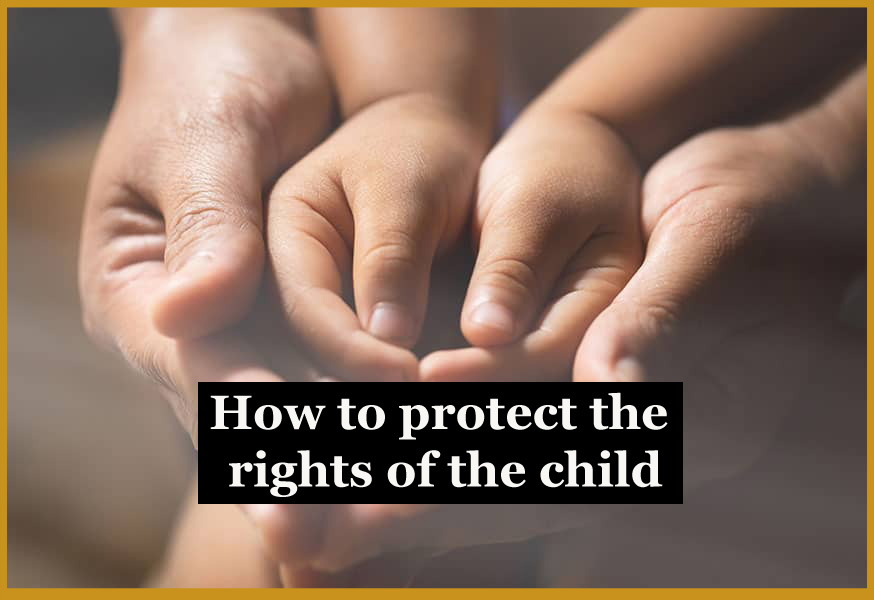We often talk about how a surrogate mother or intended parent goes through the complicated journey of surrogacy. However, there hasn’t been much discussion on how the rights of a child would be preserved during the surrogacy procedure.
Although the surrogate and the intended parents are the key parties in the surrogacy process, it’s solely about the child at the end. Hence, it’s really important for the parties to ensure all the measures to preserve the rights of the surrogacy child. Know about how to protect the rights of the child.
In the coming parts of this blog, we investigate the different ways to protect these rights and interests. Moreover, we further underline the significance of comprehensive legal systems, moral contemplations, and the welfare of the child, supplemented by real-time case scenarios. Yet, before going any further, one must understand the concept of the rights and interests of the child.
How to protect the rights of the child
What do we mean by the rights and interests of the Child in Surrogacy?
 The child born through surrogacy has the same rights as any other child, including the right to know about their roots. Also, they have the right to a legal identity, and the right to care and assurance. Moreover, guaranteeing these rights in surrogacy programs can be complex, given the inclusion of diverse parties with possibly clashing interests.
The child born through surrogacy has the same rights as any other child, including the right to know about their roots. Also, they have the right to a legal identity, and the right to care and assurance. Moreover, guaranteeing these rights in surrogacy programs can be complex, given the inclusion of diverse parties with possibly clashing interests.
How to protect the rights of the child- as an intended parent, one must ensure that the child is been provided with the right setting and care post-delivery.
Moreover, the surrogate must make sure that she is taking care of her health and well-being while indirectly ensuring the health of the child.
There may be moments when the child would be facing immigration and visa issues. Besides, there will be instances when the intended parents have to struggle in order to get the legal parentage of the child. In all such cases, the law must come into action to preserve the rights of the future child.
Legal Systems Guaranteeing the Child’s Rights and Interests
Foundation of Parentage: Clear laws must set up the intended parents as the legal guardians of the child. Also, in numerous purviews, such as California, pre-birth orders are utilized to guarantee that the intended parents are recognized as the legal guardians from the moment of birth.
Statelessness and Citizenship Issues: The child’s right to citizenship can be a complex issue in International surrogacy programs. For instance, a child born to a surrogate mother was cleared out stateless when the intended parents from Germany could not secure citizenship for the child due to their country’s legal position on surrogacy.
Surrogacy Agreements: These ought to be legally official and clearly state the rights of the child, including arrangements for their care and childhood. Moreover, the contract must mention the proper care and support for the child before and after the delivery.

Taking care of the emotional aspects of future child in the Surrogacy process
Best interests of the Child: All choices within the surrogacy process ought to prioritize the child’s welfare. Moreover, this incorporates contemplations with respect to the surrogate’s well-being and way lifestyle choices during pregnancy.
Clarity regarding nationality: The child’s right to know their origins is a vital thought. Moreover, in nations just like the UK, where egg donation is regulated, donors are not mysterious, which helps protect the child’s right to know their hereditary history.
On the other side, there are countries like Russia, where the surrogate cannot use her eggs for the conception process. Moreover, the egg donation process has to be anonymous. So, the child may not be able to know the origin of their egg donor in the country.
How to take care of the psychological support for the child?
Planning for Non-traditional Family Structures: Children born through surrogacy may require support in understanding their unique family story. That said, counselling and open, age-appropriate discussions are vital in this regard. Yet, it’s always the call of the intended parents who would like to offer a perfect setting for their future child.
Evasion of Stigmatization: Guaranteeing that the child isn’t stigmatized due to the circumstances of their birth is really important. That said, instructive programs and broader societal acknowledgment play a big role in this.
How to ensure the best care for the child post-birth?
Financial Security: Every course of action should guarantee that the child’s financial needs are met. Moreover, in a case from Canada, various funds have been set up for children born through surrogacy to secure their financial future.
Wellbeing Contemplations: Guaranteeing the child has access to proper health care and protections are basic. In a few U.S. states, laws order insurance scope for children born through surrogacy.
How crucial is the role played by the surrogacy agency and the counsellors here?
 Agencies and legal experts play an imperative part in defending the child’s rights. Moreover, they can give direction to intended parents and surrogates, guaranteeing that all parties are mindful of and comply with legal and moral measures.
Agencies and legal experts play an imperative part in defending the child’s rights. Moreover, they can give direction to intended parents and surrogates, guaranteeing that all parties are mindful of and comply with legal and moral measures.
Also, in international surrogacy courses of action, the child’s rights can be more challenging to secure due to varying legal frameworks. For example, the case of Baby Gammy in Thailand, where a child with Down syndrome was cleared out with the surrogate mother while his healthy twin was taken by the intended parents, highlights the complexities and the need for universal legal systems.
On the other hand, the role of governments and universal bodies just like the United States have a role in building up and implementing guidelines and rules to secure the rights of children born through surrogacy. This incorporates working towards universal agreements to address the challenges of cross-border surrogacy.
Final words
Protecting the rights and interests of the child in surrogacy programs requires a multifaceted approach, enveloping strong legal systems, ethical contemplations, and a focus on the child’s welfare. Moreover, the different illustrations from around the world highlight the complexities and the pressing requirements for standardized controls and rules.
Also, it is basic that the advancing scene of surrogacy, both broadly and globally, proceeds to prioritize the rights and well-being of the children born through surrogacy procedures. Besides, it should guarantee that these programs are managed in the right way possible.


No Comments